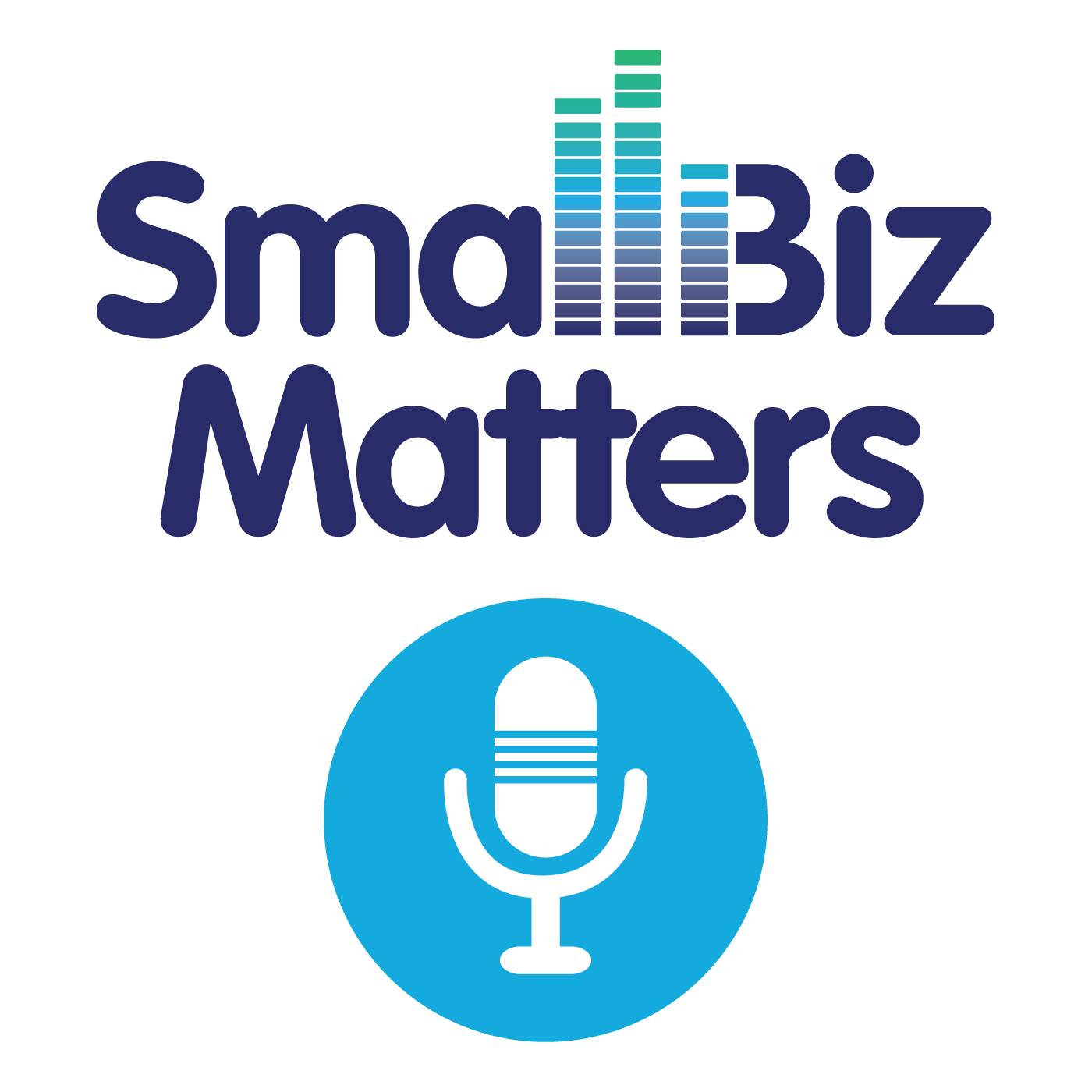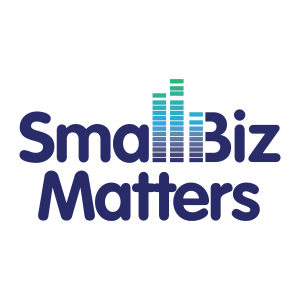Small Biz Matters – a half hour program each week where you can work ON your business rather than IN it.
with Alexi Boyd from Boyd Office Management Services
Date: 3 April 2018
Marketing strategies. With each new day there’s another online platform, snazzy new way to access clients and suggestions of extending your reach, collateral or some other buzz word to market your small business. It’s constantly evolving and as a small business it’s overwhelming to keep up with these techniques, let alone learn another piece of software.
So how do we educate ourselves to think outside the box? Well, you listen to great shows like this one and learn from our next guest. Having spent thousands of dollars on membership fees and wasted valuable time and money at breakfasts and dinners with the aim of networking with potential clients, co-founder and CEO of The Sticky Handshake, Shaun Mahoney, wanted a way to build valuable connections. His biggest frustration was that he rarely met the right people at these networking functions and would not get the opportunity to speak to enough of the right sort of business owners.
Welcome to the show Shaun.
Topics we’ll be covering:
- Broadly your small business journey and what led you to start your own business?
- The face of marketing is changing and moving away from the giants; Facebook, Google and LinkedIn. Small business is adaptable and agile why is it that we struggle to move away from these unsustainable marketing strategies?
- These strategies are often short-lived and disappointing in terms of results.
- Small business expects to throw money at these walls and for the advertising to “stick” - why does this method fail us?
- We recognise as small businesses the importance of our own local client base so why do we target the worldwide market with social connections and advertising?
- Why do you believe face to face networking is time-consuming, daunting and largely ineffectual?
- So if we strike these two off the list what are we left with?
- How do online platforms like yours differ from these now old-fashioned methods?
To find out more go to their website: www.thestickyhandshake.com.au.
Testimonial from a New Zealand Sticky Handshake member (where it launched first)
Catherine Watson - www.documentsbydesign.co.nz
"The Sticky Handshake is a refreshing and exciting way of getting to know fellow business owners not just in your own area but around the country. I love that it's free to get started so you can try it out first and it is so easy to search by industry and make contact with other users. I've already had business referred to me and have been able to refer my clients to other Sticky Members. Best of all everybody is so friendly."
catherine@documentsbydesign.co.nz
About Shaun Mahoney
Phone: 0447711145 Email: Shaun@thestickyhandshake.com.au
Shaun has always thought out of the box. Born in NZ, he went on to complete his University degree in 2 years before chasing his dream and getting a green card and moving to Las Vegas to work with Teenagers. Over 5 years, Shaun created one of the largest youth gatherings in Las Vegas with over 250 teenagers attending weekly.
Shaun entered the finance world of Las Vegas in 2004, and was featured as a Rookie Superstar in the National Mortgage Originator Magazine in May, 2005. Shaun invested 2,000 a month for 2.5 years in the toughest coaching program available in the USA, resulting in his business growing by 20% in 2008 when the market shrank by 50% during the GFC. In 2009, Shaun was selected out of 3500 people to join a national efficiency team, resulting in MetLife Home Loans being ranked number 2 by JD Powers in Customer Service in the USA in 2010, against all banks including Bank of America, Chase, Citi and Wells Fargo.
Shaun Moved to Australia in late 2009 to pursue a “beach” life. Shaun published the book “Keeping it Real” and created the 100 Day Foundation Pack for Small Business Owners which he still teaches today. Shaun was then hired by a big 4 bank and was asked to open the first of its kind multi mullion dollar regional bank in Queensland.
It was here that Shaun suffered a critical neck injury in late 2013. Shaun spent all of 2014 in and out of Hospital, before having his 6th procedure in January of 2015, spending 6 hours in theatre with 2 Neurosurgeons inserting a second titanium cage into his neck.
In 2015, Shaun made the decision to chase his dream, to support small business. Despite his injuries, Shaun has tirelessy created www.ULetters.com.au, successfully creating a profitable tech startup in less than 2 years. After working on ULetters with his mother leading the growing tech team in NZ, as a team, Shaun and Carol created The Sticky Handshake, a revolutionary new solution for small business owners, professionals, consultants and freelancers to network and grow their business through referrals.
About Carol Mahoney
Carol is based in Auckland and is the ex CIO of Bunnings (NZ) and EY (NZ) amongst other International Corporates and was one of the first woman CIOs in NZ. She has led multiple Technology teams and been amongst the forefront of NZ technology for over 30 years. Carol created her first opportunity in the sector by literally building her first computer and entering it in computer shows to forge the role of first woman CTO/CIO in NZ.
Carol has always been a ‘geek’ and throughout her career has invariably been the first woman employee in many situations, especially in corporate executive teams. Though this meant that she always got her own room on the team building retreats!
Carol runs our growing team of Software Developers and support staff of six people in Auckland
Carol is an active member of various IT and Tech Start-up Groups and has a strong ambition in helping young women get into the Tech area and growing their own business’s.
Carol also has this dream of building a company of the future, which meets the needs of its team, its customers and its investors in a unique and rewarding way.


